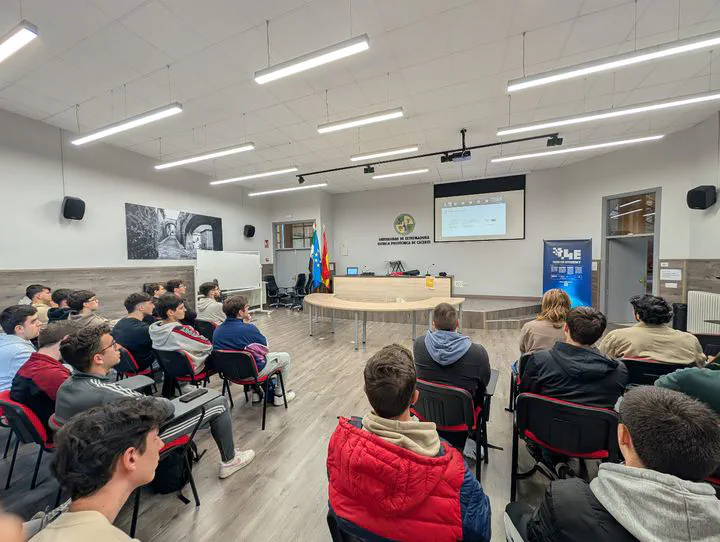Operating distributed computing continuum systems through active inference

Abstract
While the emergence of Edge computing promises major improvements in IoT processing, the heterogeneity and volatility of Edge infrastructures make service orchestration increasingly complex. Yet, to maintain robust system operation, we must be certain—or at least certain enough—about the expected outcome of our actions, such as shifting resources or workloads. This talk highlights Active Inference (AIF), an agent-based framework inspired by neuroscience, which supports operators in developing a causal understanding of the underlying generative processes. By continuously exploring and interacting with their environment, AIF agents develop models of the systems they govern and their interdependencies. This, in turn, enables them to predict the outcomes of actions when composing systems into overarching architectures. The talk first outlines how AIF, as a concept, is inherently designed for acting under uncertainty, and then presents examples of how AIF can establish robust understanding of the processing environment to ensure continuous and adaptive system operation.
Date
Nov 11, 2025 7:00 PM
Event
Location
Cáceres, Spain (Online)
I had the opportunity to speak in the online series organized by my colleague Sergio Laso at the University of Extremadura. I talked about the latest research results from our labs at TU Wien and UPF Barcelona, where we focus on optimizing the performance of large-scale computing systems, also called Computing Continuum (CC). Our methods are centered around explainable Artificial Intelligence (AI) techniques, that create an interpretable understanding of the actions taken by any AI agent.